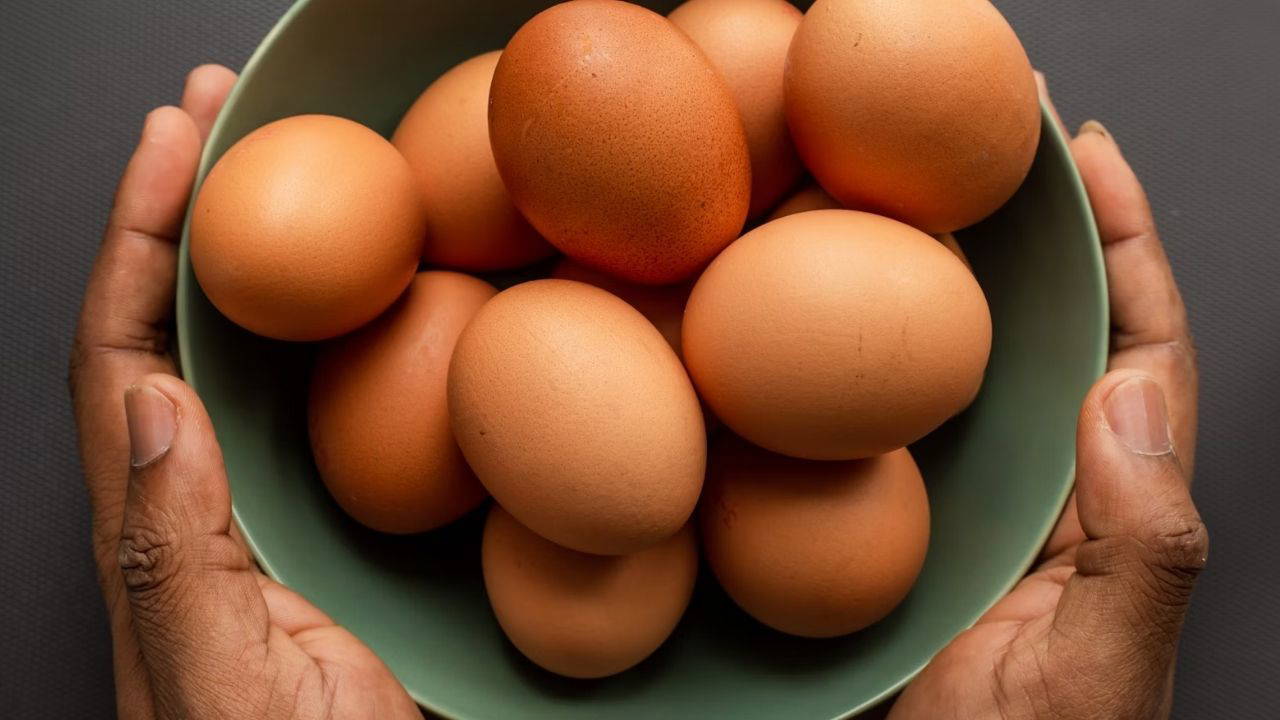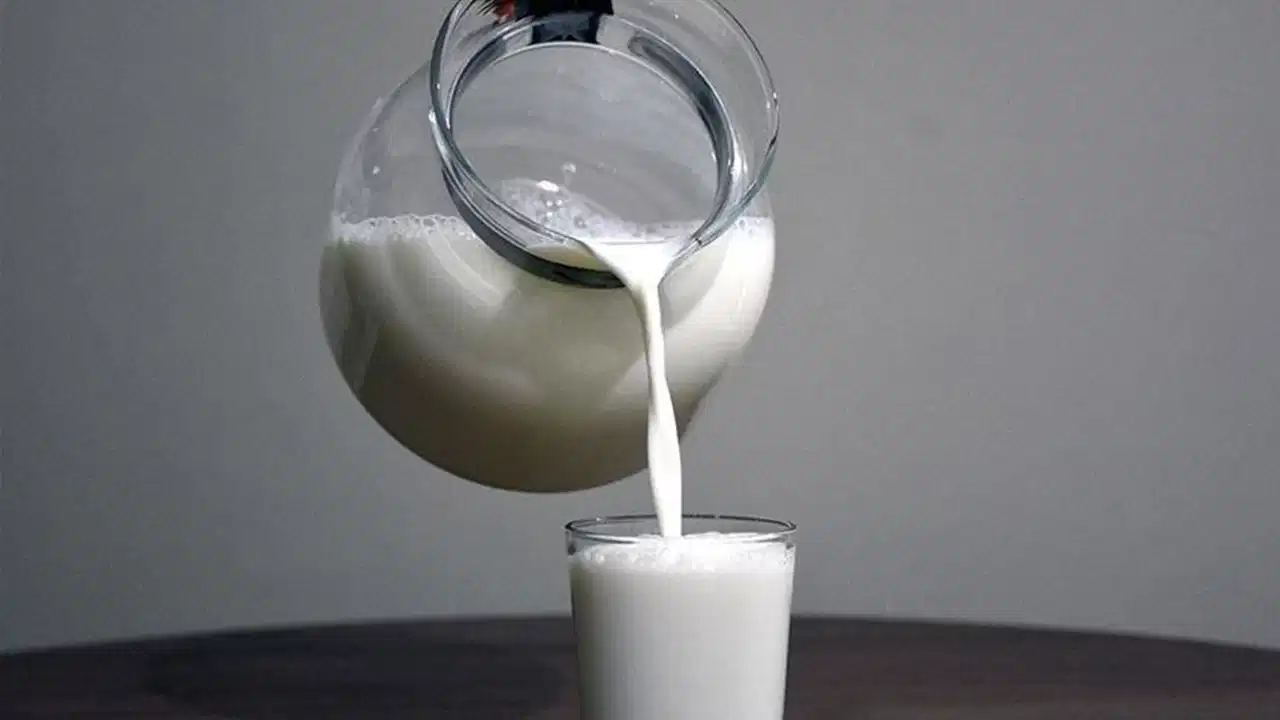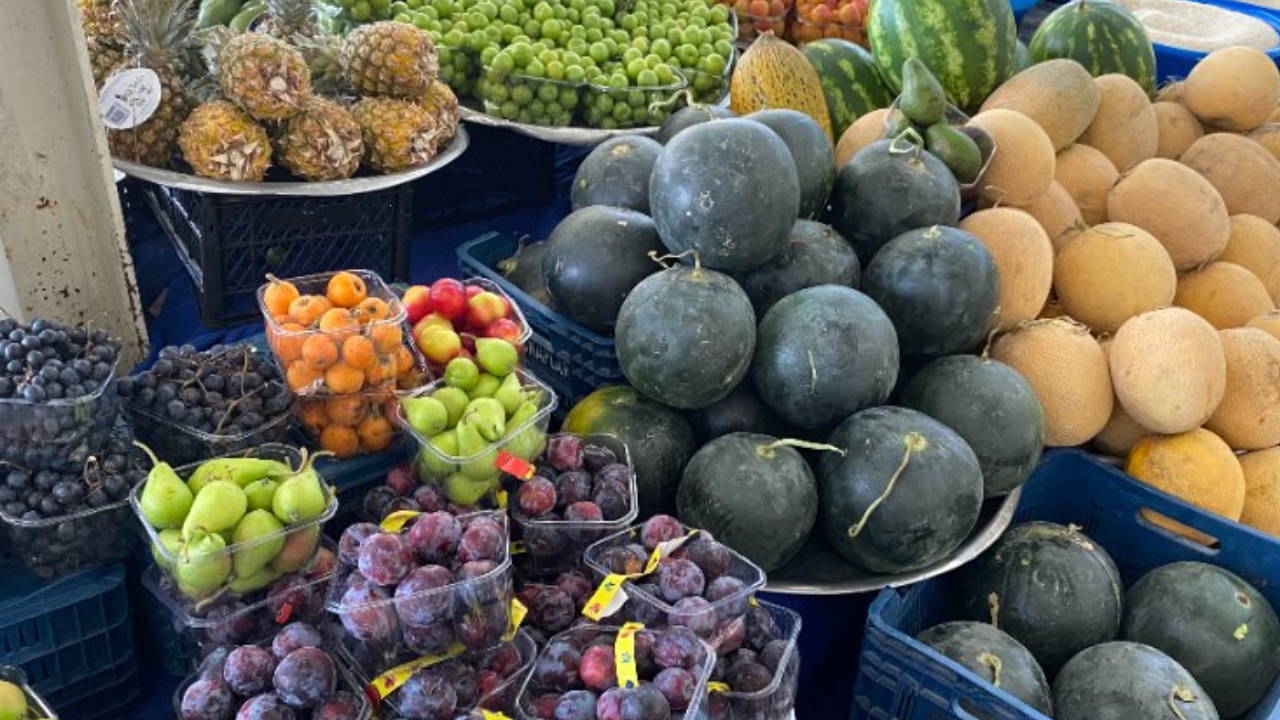Which foods cause more gas?

Putting aside the discomfort and embarrassment of having too much gas on any given day, burping can even be a sign that you're healthy.
Because gas-producing foods are usually heart-healthy, fiber-rich, complex carbohydrates.
Your body can't digest these carbohydrates, but the bacteria in your gut can break them down.
So which foods cause gas, which ones cause bad gas odor, and when should you see a doctor?
1. Fatty foods
Fatty foods slow down digestion, which can cause food that remains in the stomach for too long to ferment and develop a foul odor.
Fatty meats are also rich in the sulfur-containing amino acid methionine.

Your gut bacteria convert this sulfur into hydrogen sulfide (that infamous rotten egg smell), amplifying the odor of not only meat but also gas from other foods.
2. Legumes
Beans and lentils are both rich in fiber and contain a complex sugar called raffinose, which our bodies cannot digest well.
These sugars reach the intestines, where they are used as an energy source by bacteria, resulting in the formation of hydrogen, methane, and even smelly sulfur gases.
3. Egg
Contrary to popular belief, eggs do not cause gas in most people.

But it contains sulfur-laden methionine, so it's best not to eat eggs with beans or fatty meats, which can cause gas.
If eggs make you bloated and gassy, you may have an egg intolerance or allergy.
4. Onion
Foods like onions, artichokes, garlic, and leeks contain carbohydrates called fructans, which can cause gas and bloating.
5. Milk and dairy products
Dairy products made from cow and goat milk contain lactose.

This sugar can cause gas. Furthermore, approximately 65 percent of the world's population has some degree of lactose intolerance.
For this reason, dairy products can cause bloating and gas in many people.
6. Wheat and whole grains
Oatmeal and wheat products contain fructans and fiber, which cause gas.
That's why bread, pasta, and whole grains can cause gas.

Additionally, some whole grains, such as wheat, barley, and rye, contain gluten. If you have a gluten intolerance, you may experience gas and bloating after consuming these foods.
7. Broccoli, cauliflower and cabbage
Green leafy vegetables such as cabbage, broccoli, cauliflower, Brussels sprouts and kale are very rich in fiber.
However, this amount of fiber may be too much for your body. However, your gut bacteria love to convert it into energy, which causes gas.
Also, most of these vegetables contain sulfur, so you can imagine the smell of the gas that is produced.
8. Fruits
Many fruits, such as apples, mangoes, and pears, are rich in a natural sugar called fructose.
Some apples and pears also contain plenty of fiber. Some people have trouble digesting fructose, and when they consume these sweet fruits, they can't fully break down the sugars, which results in gas.

However, fructose intolerance is not as common as lactose intolerance.
Can farting be stopped?
Fruits, vegetables and legumes can cause gas, but consuming these foods is much more important than preventing gas.
If you haven't eaten a lot of fiber before, adding large amounts to your diet suddenly may make you uncomfortable, so increase your fiber intake gradually.

Drinking enough water reduces the risk of constipation and prevents gas formation, as feces left in the intestines can ferment, producing more foul-smelling gas.
Try to drink something with every meal and don't forget to consume water throughout the day.
In England, the National Health Service (NHS) also recommends drinking peppermint tea to relieve gas and bloating.
Since carbonated drinks directly contain gas, they increase both burping and flatulence when consumed in excess.
The same goes for chewing gum or quickly eating something like soup. Swallowed air has to come out somewhere.
Should you be worried?In most cases, gas isn't a cause for concern. There are many harmless causes of gas, and these usually don't require any treatment or intervention. In some cases, excessive gas can be a symptom of a more serious health problem.
Therefore, if you are concerned, it's best to consult a doctor. Foul-smelling gas can also be a side effect of some medications.
Cumhuriyet





